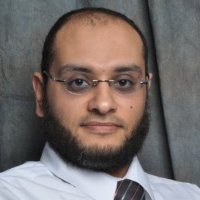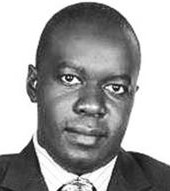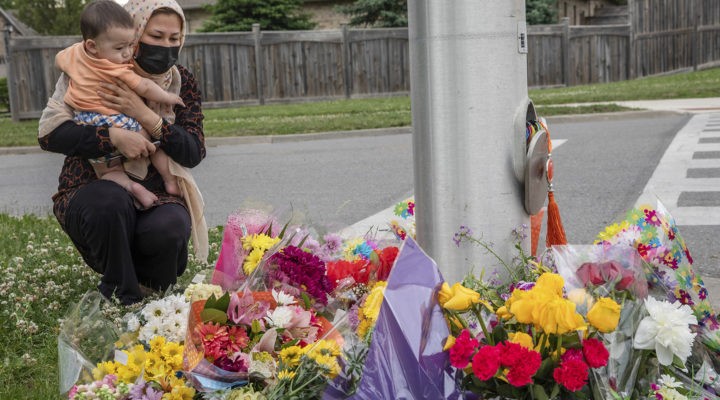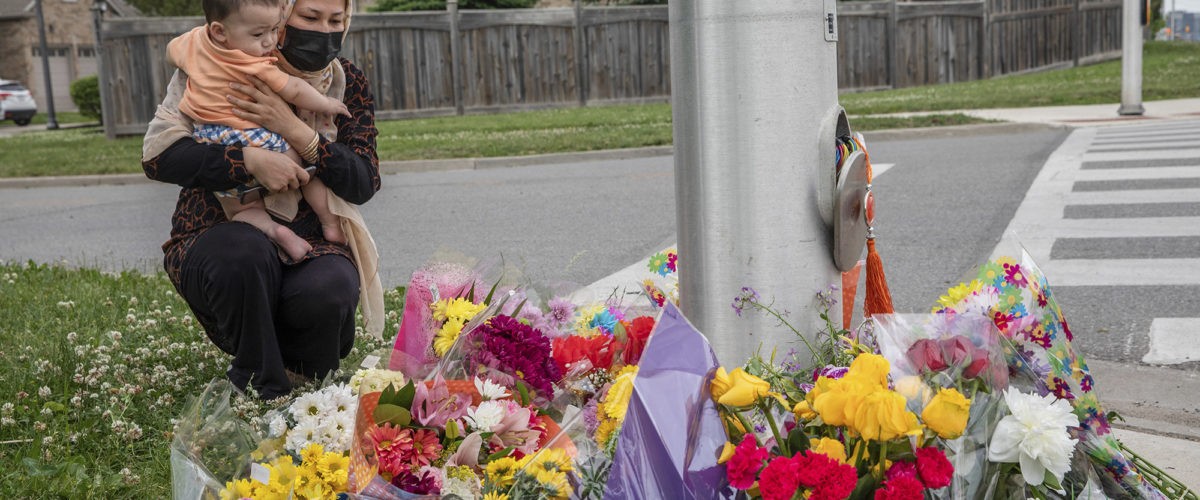Canada’s Muslim community reels in the aftermath of a recent deadly scene. On June 6, a white male allegedly drove a truck up the curb in London City, Ontario, and mowed down four family members of a Muslim family that were out on a fresh-air walk. Feeling particularly vulnerable, Canadian Muslim women increasingly now ponder self-defense skills, be they Taekwondo or karate.
This summer’s attack was the first time in Canada’s history that terrorism charges have been levied under Canadian laws to prosecute an alleged Islamophobia offense.
‘I fear for my daughter’
“I’ve had two physical incidents occur whilst living in Sarnia, Ontario, and a verbal confrontation while in Ottawa, (the capital of Canada),” said Sana Chaudhry, a psychotherapist and clinical director, mother to a daughter, Muslim Canadian, and a holder of a black belt second degree in Taekwondo.

Sana Chaudry
Chaudry said she has not earned Karate credentials specifically to defend herself against physical anti-Muslim hate attacks but added: “I know many Canadian Muslim women that have.”
In her clinic, Chaudry sees a wide range of clients, many of whom are from the Canadian BIPOC community. Some of those clients are in fact Muslim women, and they have discussed the hate they have experienced, as well as the fear and anxiety they currently experience.
“It is truly heartbreaking to hear some of the stories that have been shared with me,” she said. “I fear for my daughter’s safety more than anything else, especially if she chooses to wear the hijab one day.”
Muslim women keen on self-defense
Jamal Osman, vice-president of the Muslim Community of Edmonton Mosque, which can attract up to 500 worshippers for Friday prayers, said as a mosque they have been receiving lots of discussion about Muslim Canadian women keen to train in self-defense skills.

Jamal Osman
“They feel the task of protecting themselves is left up to themselves,” he explained. “Our sisters have been strong in their response. Taking self-defense classes is a way to react in a really positive way.”
Self-defense classes for Muslim women are understandable, because, as Osman argues: “The more visible and vulnerable Muslims are Muslim women who wear traditional garments. (Hateful) people see that as vulnerability. Sadly, they tend to go after more vulnerable individuals. A Muslim woman who doesn’t wear traditional hijab or other religious garments almost blends in and becomes less vulnerable.”
Hateful folks who physically attack Muslim women are cowards hence they end up going after Muslim women who wear garments, Osman said.
‘We still trust Canadian police’
This doesn’t mean Muslim Canadian women who attend Osman’s mosques and are keen to train in some self-defense Judo or karate skills no longer trust the Canadian police to protect them.
“Have I lost faith in the police?” asked Osman, who revealed that over time his mosque has encountered and reported to police hate-like incidents such as doors broken or shattered glass. “No. I’m conscious of the limitations of the police, legal and political system. (However) we must not wait for a tragedy to happen, hold a candle vigil and send our condolences.”
“We must not wait for a tragedy to happen, hold a candle vigil and send our condolences.”
Islamophobia runs deep
Some Muslims feel that the problem of Islamophobia in Canada is deeply engrained, especially in the wake of a provincial supreme court ruling in April, in Quebec, Canada’s majority French-speaking province, that upheld a controversial law that bans public workers in Quebec from wearing religious symbols like rosaries, hijab or skull caps while serving in public service jobs. The law has been loosely called an “anti-hijab law.”

Yasin Kakande
That some Canadian Muslim women are embracing self-defense classes as a way to ensure their safety shows the depth of concern among Muslim Canadians, said Yasin Kakande, a Muslim author and TED speaker. “In North America, we live in a society that doesn’t truly accept Islam or this decision to wear a hijab.”
Karate classes don’t address the problem
The state has to protect all religious or cultural minorities living in Canada, Chaudry believes. So self-defense classes can’t adequately solve the problem of hate that policies are supposed to prevent. Nor can self-defense classes assist cultural groups to foster their identity, overcome barriers and advocate for equal participation of ethnic minorities, she added.
“Remove the hijab out of fear, is not a solution. Because being wary when you walk down the street now is not a solution. Taking extra precaution when wearing religious or cultural clothing is not a solution. Avoiding walking by myself at night is not a solution. Going to the mosque and wondering if you will come out alive is not a solution,” Chaudry declared.
This is a dilemma that Osman, head of the Muslim Community of Edmonton Mosque, knows each time he dials the police to report a concerning incident. “We are now forced to balance our faith and safety in an atmosphere of anti-Muslim attacks.”
Ray Mwareya is the 2016 recipient of the U.N. Correspondents Association Media Prize. He is a financial journalist whose works appear in Al Jazeera and Newsweek. Follow him on Twitter: @rmwareya.
Related article:
Religious discrimination against women for what they wear (or don’t) is on the rise


